The Metaverse is a quickly developing idea that symbolizes the next stage of internet development, where immersive digital environments, augmented reality (AR), and virtual worlds coexist together with the actual world. People can use avatars, or digital representations of themselves, to engage, socialize, work, and play in this shared, persistent, 3D digital environment. The Metaverse creates interconnected virtual economies and ecosystems by fusing technologies such as blockchain, bitcoin, virtual reality (VR), and artificial intelligence (AI).

Key Features of the Metaverse:
1.Immersive Experiences:
Users can interact with hyper-realistic worlds through VR headgear and AR devices, producing experiences that are nearly identical to the real world. The Metaverse provides countless opportunities for interaction, from purchasing in virtual stores to attending virtual concerts.
2.Digital Ownership and Economies:
Ownership of digital assets such as property, virtual products, or NFTs (non-fungible tokens) is made possible by blockchain technology. A new type of digital economy is fueled by these assets’ ability to be utilized, traded, or sold within the Metaverse.
3.Interoperability:
One of the main goals of the Metaverse is interoperability, which will enable users to freely switch between various virtual environments or platforms while keeping their data, assets, and avatars safe. This would enable a user to easily transition from a virtual work conference on one platform to a gaming environment without losing their resources or identity.
4.Social and Cultural Spaces:
The metaverse has the potential to redefine social interactions, providing spaces where people from around the world can meet, collaborate, and socialize in real-time. Virtual events like conferences, concerts, or art exhibits are already becoming more common in early iterations of the Metaverse.
5.Work and Education:
As the metaverse evolves, it’s expected to transform industries like education and remote work. Virtual classrooms, immersive learning experiences, and collaborative virtual workspaces could change how we approach learning and professional environments.
READ MORE: BATTERY INNOVATION
Current Developments:
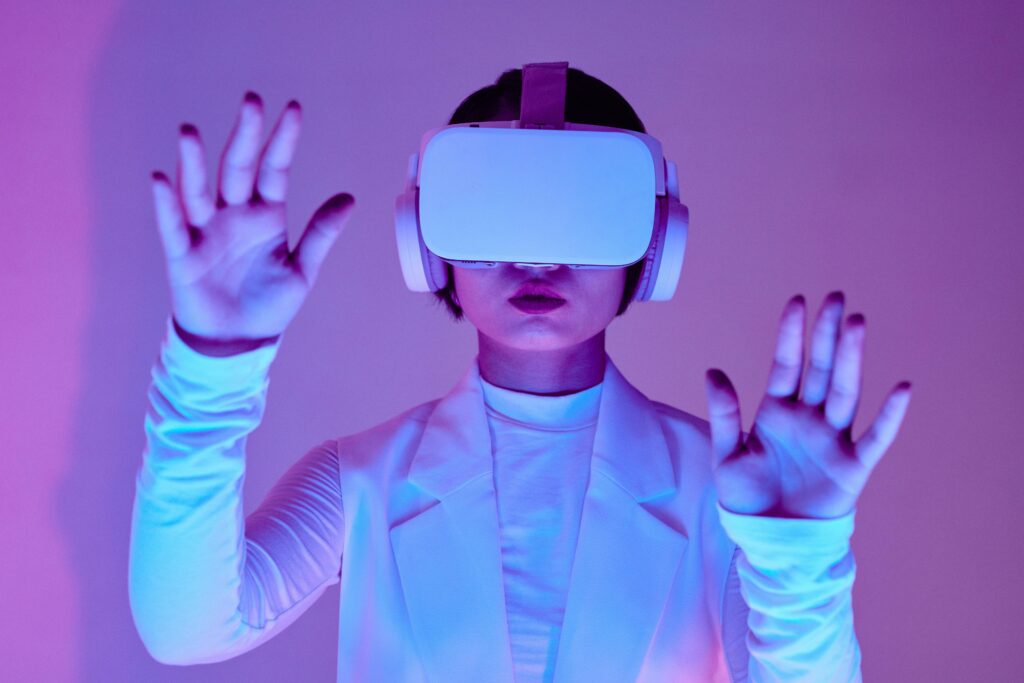
- Tech behemoths like Microsoft, Google, Epic Games, and Meta (previously Facebook) are making significant investments in creating Metaverse platforms like Microsoft’s Mesh and Meta’s Horizon Worlds. The goal of these businesses is to build the core infrastructure that will enable the metaverse.
- Blockchain technology is already being used by decentralized Metaverse platforms like Decentraland and The Sandbox to enable users to purchase and sell virtual commodities and land, hence fostering the development of virtual economies.
Potential Challenges:
- Privacy and Security: As the Metaverse gathers a lot of user data, worries about surveillance, data security, and privacy are becoming more prevalent.
- Digital Inequality: The digital divide may get wider since some people lack access to the cutting-edge technology required to engage in the Metaverse.
- Addiction and Mental Health: Concerns regarding addiction, social isolation, and the long-term psychological repercussions of immersive experiences are growing as they become more realistic.
The Future of the Metaverse:

The metaverse is thought to be the future of digital interaction, changing the way we work, play, and live, even if it is still in its infancy. The Metaverse may develop into a parallel digital universe with both enormous opportunities and difficulties as technology develops and becomes more widely available.
Metaverse Good Or Bad?
The metaverse can be seen as both good and bad, depending on the perspective and context. Here’s a balanced look at its potential benefits and concerns:
Good:
- Creative Social Interaction: The Metaverse offers fresh approaches to communication, enabling individuals from all over the world to engage, work together, and mingle in virtual environments.
- New Career and Educational Opportunities: It presents the possibility of remote collaboration, virtual workspaces, and creative learning settings. Remote workspaces, conferences, and virtual classrooms have the potential to improve accessibility and engagement in business and education.
- Digital Creativity and Commerce: Artists, developers, and creators can offer digital products, services, and experiences through virtual economies. Digital markets, virtual real estate, and NFTs create new economic prospects.
- Improved Entertainment and Experiences: Immersion-based experiences can be produced by virtual concerts, virtual gaming environments, and social media platforms, revolutionizing entertainment and media consumption.
Bad:
- Privacy Issues: Because the metaverse gathers so much personal information, there are issues with data privacy, spying, and how businesses will manage user data.
- Addiction and Escapism: Excessive virtual environment use can result in social isolation or escapism, where people favor virtual interactions over in-person ones.
- Digital Inequality: The cost of accessing the Metaverse, such as VR gear and fast internet, may increase the divide between those who can and cannot engage.
- Unregulated Virtual Economies: Without appropriate rules, the growth of digital assets and virtual currencies in the Metaverse may result in fraud, market manipulation, and other financial hazards.
Ultimately, whether the Metaverse is good or bad depends on how we address its ethical, social, and technological challenges while harnessing its potential for innovation and connectivity.
Conclusion:
According to the conclusion, it has the potential to drastically alter how we communicate, work, and live in the digital age. It offers immersive experiences that have the potential to transform a variety of industries, including education and entertainment, and it promises new frontiers in creativity, business, and communication. But there are also significant drawbacks, such privacy issues, digital inequity, and the possibility of becoming overly dependent on virtual environments. How successfully we handle these problems will have a significant impact on the Metaverse’s future, ensuring that it grows in a way that is secure, just, and advantageous to everyone.






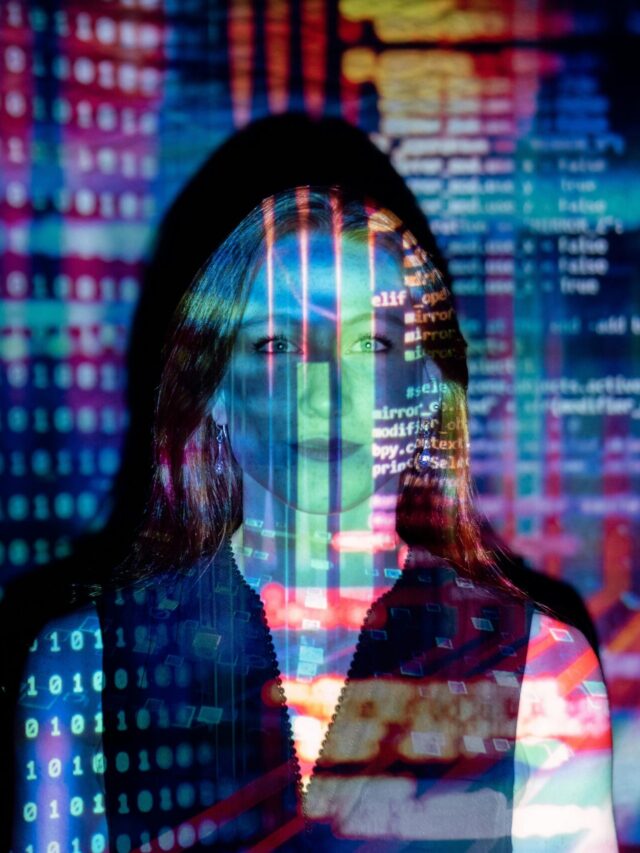


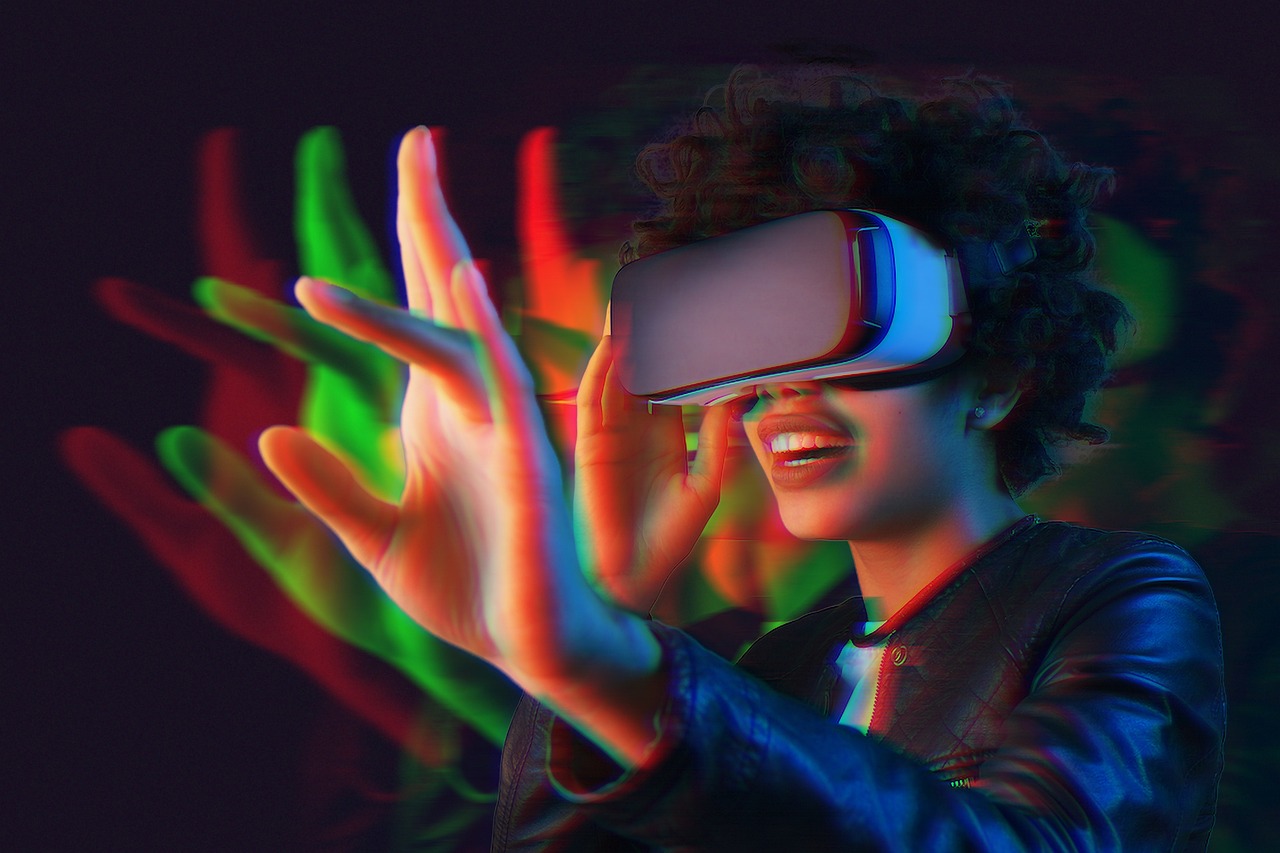
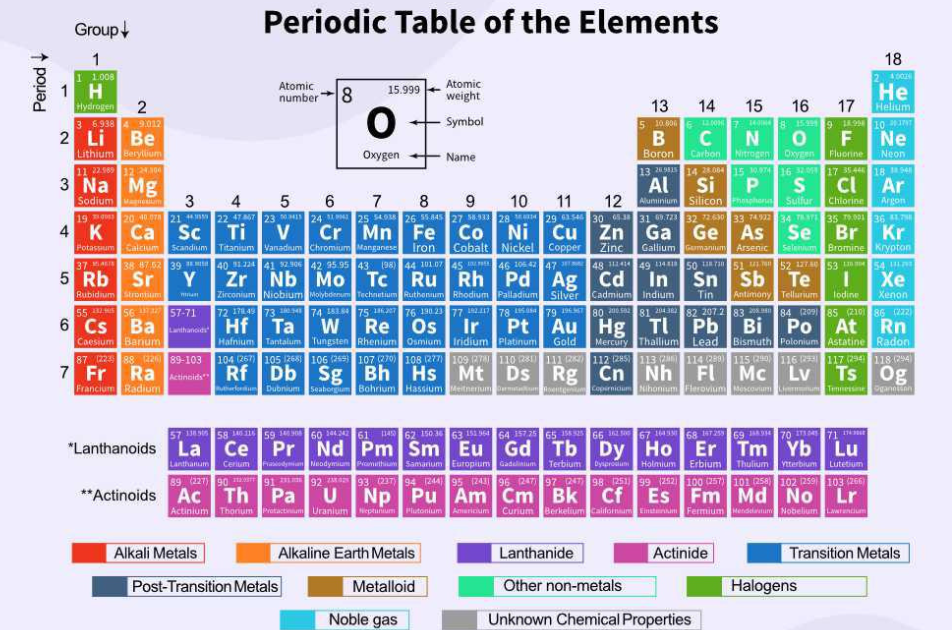
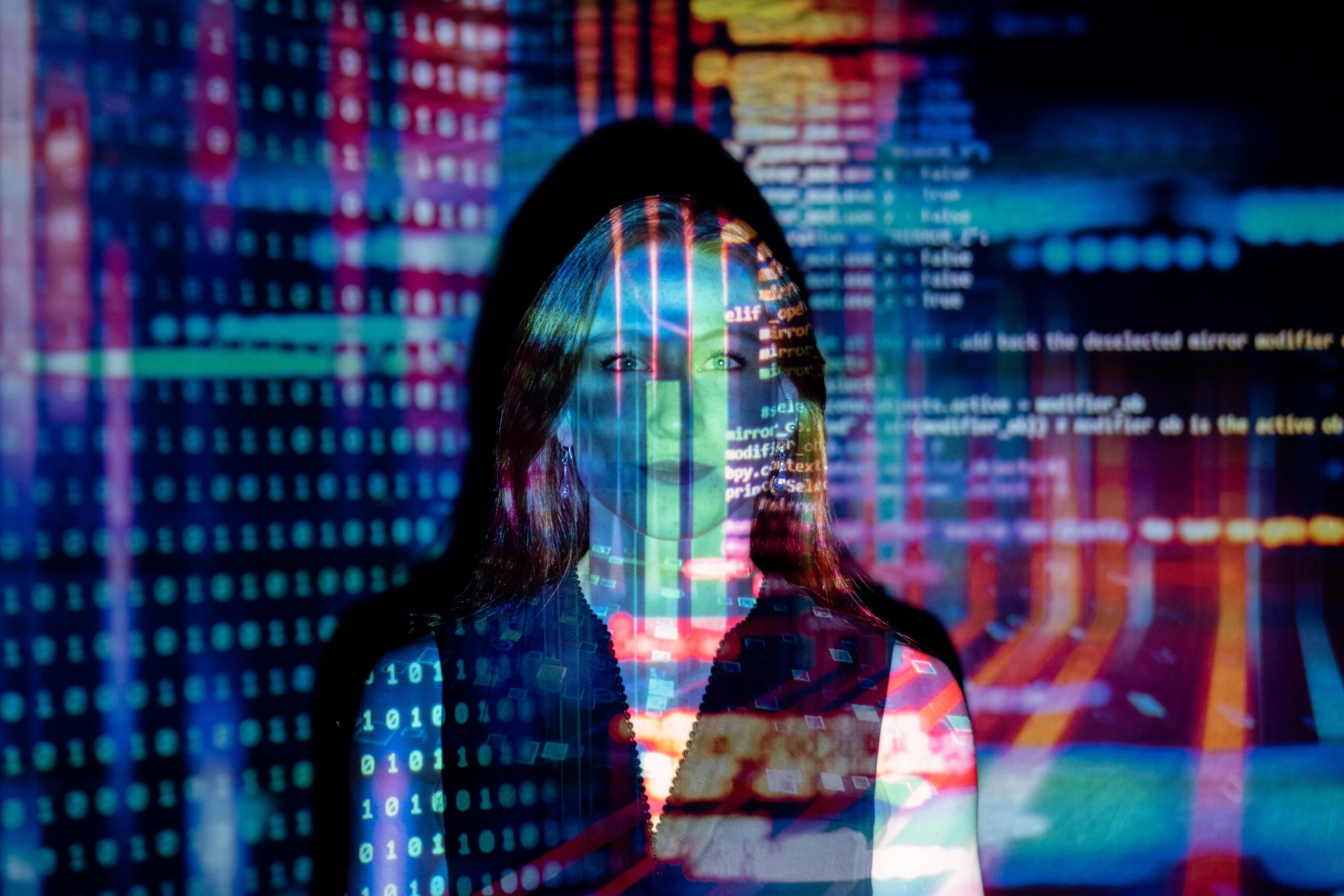
Pingback: What is Data Science? | Future of Human | 2024 - ScienceSpark